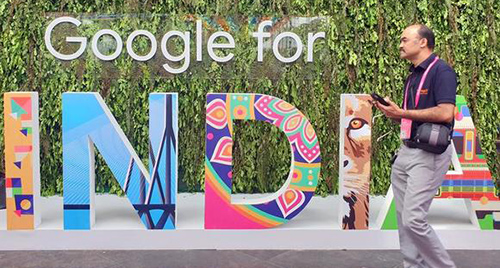An app’s rating for you on the Google Play Store may different from your friends in other countries.
Currently, apps and games on the Play Store have aggregated review scores. Google added up all the scores from users around the world and averaged them to create the final score. This is reflected by the star rating on Google Play.

However, that system will change this year. In November 2021, Play Store ratings will be localized around the world. Google will aggregate scores from users in a country and generate a localized score. As a result, an app’s rating in Brazil may be very different from its rating in Korea.
Google explained this upcoming change in a blog post. The reasons for this change are:
- Ratings from one region unfairly impact another. For example, when a bug affects only one country but negatively affects the app’s ratings everywhere else.
- Cultural issues can also affect Play Store ratings. For example, a game designed to cater to people who speak Japanese and understand Japanese culture may not be well received by users from other countries. But that game’s rating was lowered by negative reviews from users from other countries.
In the future, Google will have even bigger changes. Specifically, next year, form factor will affect Play Store ratings.
Localized ranking will start happening this year. Around next year, Google will incorporate at least one more variable: the form factor. This means that app reviews from tablet users will aggregate differently than reviews from phone users.
But as of now, Google has not given a firm rollout date for the introduction of form factor variables for Play Store ratings.
READ MORE:
Ready for 5 upcoming phones: iPhone 13, Galaxy S22 Ultra, and more


